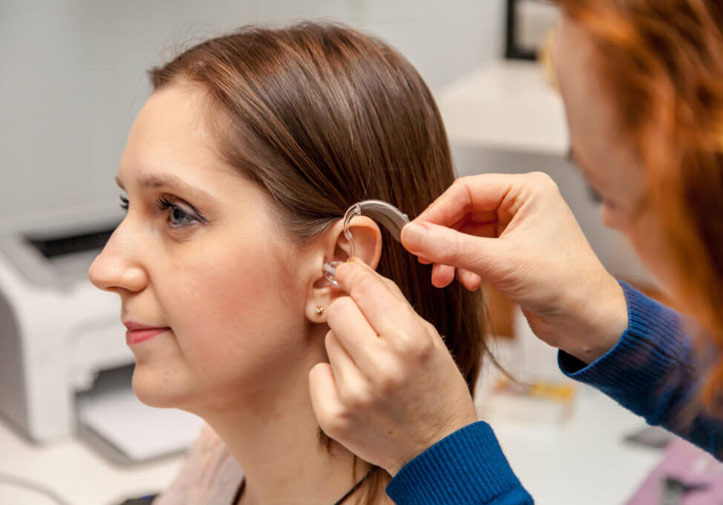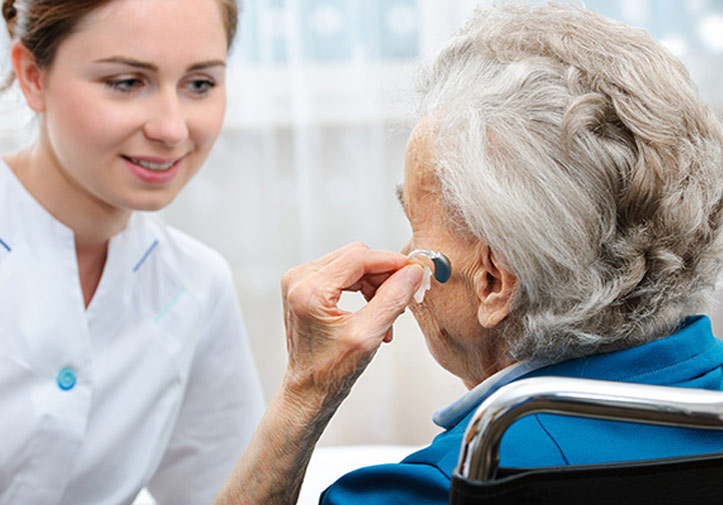
What happens at speech and language therapy for adults?
The inability to speak clearly is often embarrassing and many adults are reluctant to seek help. Adults after a stroke, when diagnosed with a neurodegenerative disease such as Parkinson's or dementia, may seek speech therapy to restore skills or regain confidence in communication and to improve articulation and fluency.
We're here to help you understand what's going on in adult speech and language therapy.
- 1. Your technique, method, and intensity of therapy depend on many factors. You will undergo a series of tests to gather information and understand your needs and goals.
- 2. Your speech therapist considers your medical history, strengths, and weaknesses.
- 3. They will then come up with a plan to help you rebuild your life, improve your communication, or improve your delivery.
Speech and language technique and exercises
Speech therapy for adults techniques and exercises will vary for each individual. Here we show how exercises are incorporated within a program to help treat these various conditions:
- 1. Rehabilitation therapy after strokes:Your Speech-Language Pathologist(SLP) uses a combination of exercise and functional activities to improve your ability to understand, speak, read, and write after a stroke. This may include cognitive exercises such as visualization techniques to improve attention and memory; Sentence building tasks to increase your vocabulary and extract words, or voice exercises to improve the clarity of your speech.
- 2. Improve voice, Fluency, and Articulation:The focus here is on exercises that will allow you to speak more clearly and be better understood. After consulting with you and your ENT, will plan exercises accordingly. During the initial assessment, your SLP will determine which specific voices would benefit from increasing and producing those target sounds in the hierarchy, first separately, followed by words, sentences, readings, and conversations.
- 3. Enhancing Public speaking:Certain techniques will increase the effectiveness of your message and teach you. You will be able to speak in public without fear or hesitation and become a better communicator in the meeting. You can also participate in role-playing games, which can help you prepare for an upcoming work meeting or public speaking.
- 4. Accent reduction:You will progress from isolated work on individual voices to sound production at the word level, as well as in sentences, paragraphs, and conversations. Once you reach the paragraph and conversation level, they will help you change the way you speak and increase your intonation, which will help reduce your intonation.
- 5. Vocal coach for the professional:Lawyers, executives, speakers, artists, teachers, actors, actresses, and anyone who uses their voice in a professional setting can experience communication problems. Your SLP will determine whether this difficulty is due to the overuse, abuse, or misuse of your voice (requires therapeutic intervention) or a lack of voice and language training (requires exercise and communication training).
Conclusion
If you see a symptom of slow speaking with repetition of words, or inability to pronounce words clearly. It's time to visit a speech therapist, so search for speech therapy for adults in Noida.

 Healthy habits to take care of your voice.
Healthy habits to take care of your voice.
 Tips To Follow To Help You Stop Stuttering or Stammering
Tips To Follow To Help You Stop Stuttering or Stammering
 Getting used to new hearing aids
Getting used to new hearing aids
 When should we replace your hearing aids?
When should we replace your hearing aids?
 What Are Hearing Aids?
What Are Hearing Aids?
 Know More About Neurological Stroke Language Disorders!
Know More About Neurological Stroke Language Disorders!
 Advanvement of Technology In Digital Hearing Aids!
Advanvement of Technology In Digital Hearing Aids!
 Autistic Children - How Can Speech Therapy Assist?
Autistic Children - How Can Speech Therapy Assist?
 Stammering - Know About Its Cause And Treatment!
Stammering - Know About Its Cause And Treatment!
 How Speech Therapy Can Help Your Child?
How Speech Therapy Can Help Your Child?